You spent the whole day answering work emails, running errands, and caring for your kids. Yet when night falls, you’re furiously counting sheep instead of catching z’s. Needless to say, your next-day energy levels are almost non-existent, and you end up feeling and functioning at a suboptimal level due to a lack of sleep.
When you aren’t able to fall asleep or stay asleep at night, you’re not getting the sleep you need, meaning you’re racking up sleep debt (how much sleep you owe your body over the last 14 nights). The effects of sleep debt can be felt immediately, impacting everything from your productivity at work to how positive you feel during the day, with the inevitable lower energy levels meaning you’re not functioning or feeling your best.
This might leave you wondering how it’s possible you’re asking yourself how to make yourself tired at night — indeed, you know you’re incredibly tired! As it happens, your struggle to fall asleep and stay asleep has likely nothing to do with how tired you are.
This post will show you that meeting your sleep need (the genetically determined amount of sleep you need) is not about finding the right sleeping position or monitoring your sleep quality (for which there's no scientifically agreed upon definition). Instead, learning how to improve your sleep hygiene (key behaviors practiced throughout the day paired with your circadian rhythm) will help you fall asleep and stay asleep to get the rest your body needs.
How does tiredness work?
What is sleep hygiene?
How can I make myself feel tired?
If you’re wondering how to make yourself tired so you fall asleep and stay asleep, the first thing you really need to know is how tiredness “works.”
Your sleep drive and circadian rhythm are two independent processes that work together to control your sleep-wake cycle; which is to say, together they determine how much you need to sleep and the timing of that sleep. Understanding how your sleep drive and circadian rhythm interact with each other is the foundation for helping you get the hours of sleep you need for better energy the next day.
Your sleep-wake cycle relies on sleep pressure to operate normally. Sleep pressure is the gradual buildup of adenosine — an organic compound that causes drowsiness — to help you fall asleep at night. So, how does sleep pressure relate to your sleep drive (aka sleep homeostasis)?
You can think of sleep homeostasis as a seesaw that wants to be level. When sleep pressure builds during your waking moments on one end, the seesaw becomes unbalanced. This prompts you to go to bed at night and purge your brain of adenosine while you sleep, returning the seesaw to its balanced state come morning.
When your body isn’t given the chance to meet its sleep need, it can’t fully remove adenosine. The leftover adenosine or resulting sleep debt is why you don’t have to wonder about how to make yourself tired — your body will carry over the remaining adenosine to the next day. Instead, what you need to do is to learn how to work with your circadian rhythm, which dictates the ideal timing of sleep (and practice good sleep hygiene so as to not interfere with that process) to help you get the sleep you need.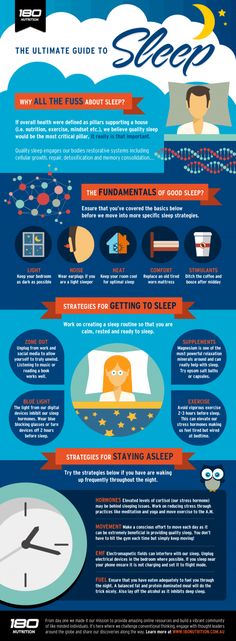
Understanding how your sleep drive works is fundamental to getting quality sleep, but it’s not the only factor. The other part of the equation is your circadian rhythm, your internal clock that operates in roughly 24-hour periods.
Your circadian clock dictates how your energy levels fluctuate throughout the day and plays a key role in helping you get to sleep at night. When you wake up, light triggers your circadian master clock — the suprachiasmatic nucleus (SCN) in your brain — to produce circadian-alerting signals and neutralize drowsiness. These signals increase steadily from the moment you rouse until quieting down temporarily in the afternoon (i.e., your afternoon dip). They then pick up again.
As you get closer to your bedtime, your sleep drive is at an all-time high. In response, your internal clock puts in one last burst of energy to produce peak levels of circadian-alerting signals and try to combat the increased sleepiness. This is why you usually experience an energy surge during the few hours before bed (we call this phase your Evening Peak in the RISE app).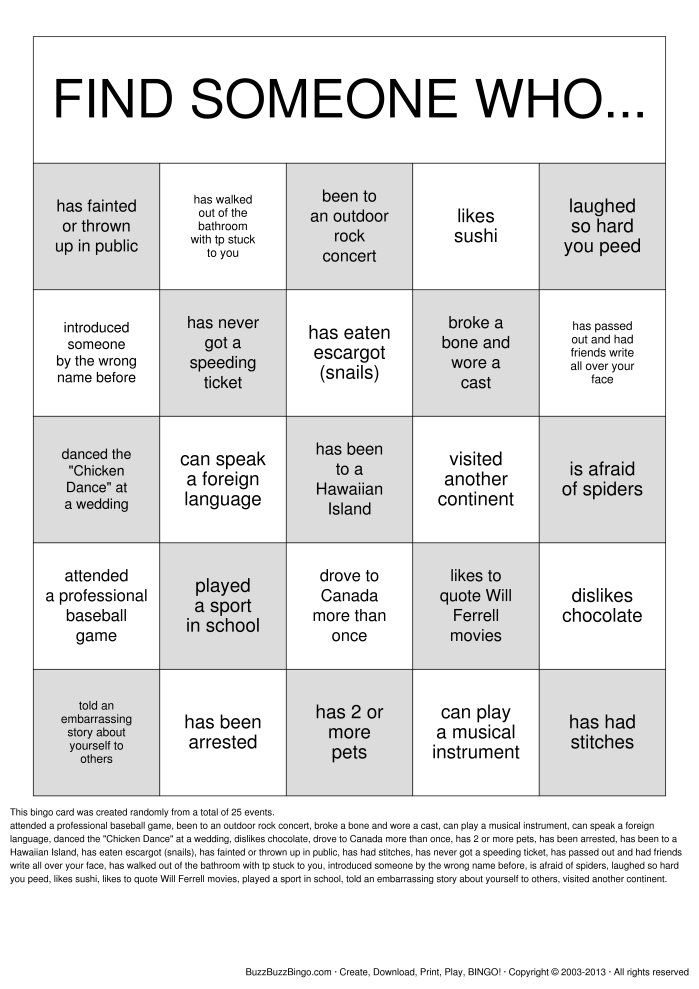 This is why falling asleep 2-3 hours before your biological bedtime is nearly impossible, which is something you’ve probably encountered when traveling east between different time zones (it’s more difficult to bring your bedtime forward than delay it).
This is why falling asleep 2-3 hours before your biological bedtime is nearly impossible, which is something you’ve probably encountered when traveling east between different time zones (it’s more difficult to bring your bedtime forward than delay it).
Past this second energy peak, the circadian signals lose their intensity due to the absence of light. Faced with an overpowering sleep drive, you’ve reached your prime time for sleep, which we refer to as your Melatonin Window in the RISE app (more on that later).
If you’re wondering why you have trouble sleeping at your target bedtime, circadian misalignment is often the crux of the problem. External factors like caffeine have the power to keep your body up later than it would naturally like, upsetting your internal clock. Things like light exposure, your previous sleep-wake times, temperature, food, and exercise all have the power to influence and therefore misalign your circadian rhythm, too.
Sleep hygiene is the name for the set of habits you can do throughout the day to help you sleep at night.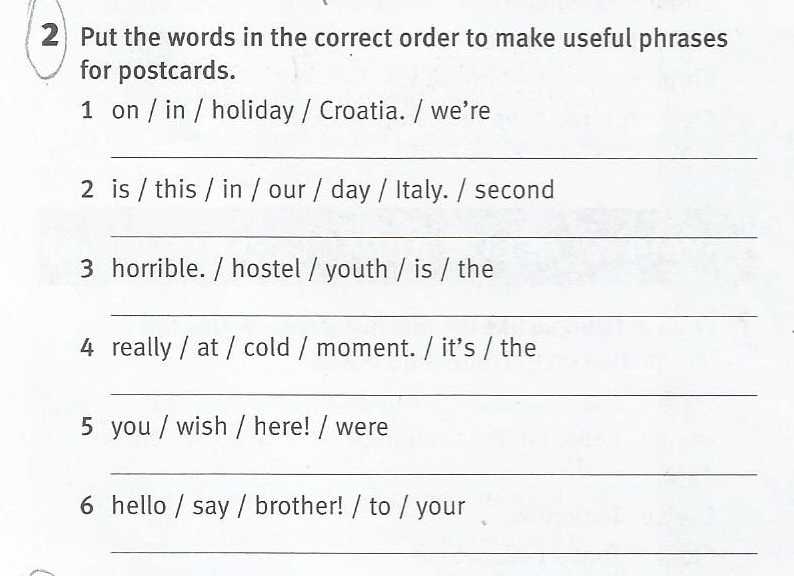 But why is this important?
But why is this important?
Getting the sleep you need isn’t about how to make yourself tired (which, in reality, is redundant since you are most likely already sleep-deprived). Instead, the question you should be asking yourself is, “How can I fall asleep quickly and stay asleep?”
The answer: By understanding your circadian rhythm and developing better sleep hygiene to help you meet your sleep need. But, these two things aren’t completely separate. In fact, sleep hygiene is most effective when paired with your individual circadian rhythm.
For example, if you know the start of your Melatonin Window, you can make sure you don’t get too much light exposure too close to your bedtime. The RISE app helps you estimate when you should start wearing your blue-light blocking glasses to prevent artificial light from suppressing your body’s natural melatonin production, better known as the sleep hormone. Doing so ensures you’ll have optimal melatonin levels to help you feel sufficiently sleepy by the time your bedtime rolls around.
This, in turn, promotes a virtuous cycle of hitting the sack at the best time for your sleep cycle so you can meet your sleep need.
But remember sleep hygiene isn’t purely about your bedtime routine and sleep habits. Instead, sleep hygiene also includes daytime behaviors that affect your nightly slumber. Practicing the daytime do’s and don’ts per our recommendations below can help you feel sufficiently sleepy when it’s time for bed.
For a more in-depth read on how to improve your sleep hygiene at any time of day, check out our Sleep Guide.
There are some things you can do to make falling asleep easier in the moment, but a lot of these behaviors start earlier in the day. Here are 23 ways you can make yourself feel tired either straight away or night after night.
Irregular sleep and wake times trip up your circadian rhythm and cause circadian misalignment.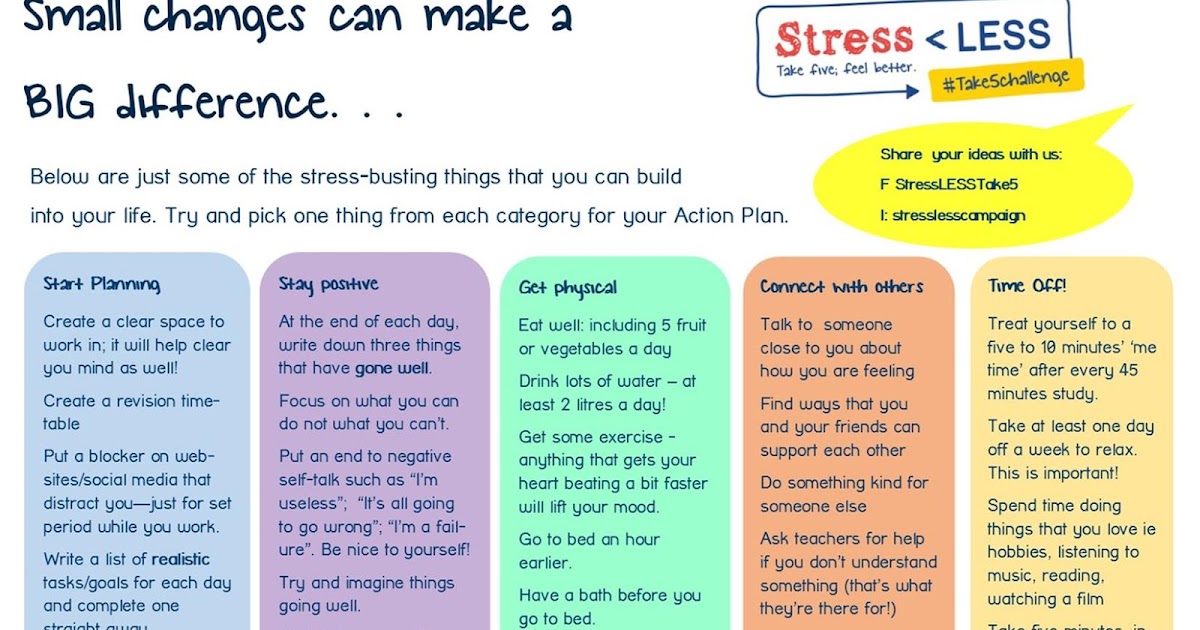 This disrupts the hormones regulating sleep, making it harder to fall asleep when you want to. Beyond sleep hormones, circadian misalignment throws off hormones regulating your metabolism, inflammation, and almost every other process in your body, draining you of energy and impacting your mood, weight, and many other functions.
This disrupts the hormones regulating sleep, making it harder to fall asleep when you want to. Beyond sleep hormones, circadian misalignment throws off hormones regulating your metabolism, inflammation, and almost every other process in your body, draining you of energy and impacting your mood, weight, and many other functions.
For many, the workweek revolves around an early sleep schedule. When the weekend rolls around, we tend to keep late nights for social calls and sleep in the next morning. Unfortunately, this sets you up for social jetlag (a disconnect between your biological and social times), which is why you have difficulty snoozing on Sunday night even if you’ve gone to bed early.
Keeping your sleep patterns regular is one of the best ways to strengthen your circadian rhythm and help you reliably go to sleep when it’s best for you. Aim for a consistent sleep schedule that accounts for your sleep need and chronotype (i.e., your biological timing preferences for sleeping and waking; morning bird, night owl, and everything in between).
Knowing when to go to bed is vital to falling asleep more easily and remaining asleep throughout the night. But, there’s a huge difference between trying to go to bed earlier and knowing exactly when that optimal window of time is.
RISE takes the guesswork out of finding the best time to go to sleep by calculating your biological bedtime based on your recent sleep times and circadian rhythm. We call it your Melatonin Window in the app, which may change from day to day, depending on external factors and how consistent your sleep schedule has been.
As darkness falls, your brain starts producing melatonin about two hours before bedtime in what scientists call the dim light melatonin onset (DLMO). About two hours later, you’ll reach your Melatonin Window, a prime time for sleep as your body’s melatonin production hits peak levels.
When you don’t go to bed during your Melatonin Window (read: you sleep earlier or later), it's harder for you to doze off as your body now has less melatonin to work with. RISE can help you hit the sack at the right time to avoid the above scenario. Go to the "Energy" tab in the app and add the “Melatonin Window” habit to your "Energy Schedule." This way, you won't miss out on your prime time for sleep.
RISE can help you hit the sack at the right time to avoid the above scenario. Go to the "Energy" tab in the app and add the “Melatonin Window” habit to your "Energy Schedule." This way, you won't miss out on your prime time for sleep.
Napping lowers your sleep drive, or the urge to sleep, so if you nap too close to bedtime or nap for too long, it will be harder to fall asleep at night.
Check RISE to see when your afternoon dip in energy is. This is the ideal time to take a nap.
Plus, keep naps to 90 minutes maximum (the longer you sleep, the more sleep pressure you release). Alternatively, a shorter nap — think 10 to 20 minutes — may be the best nap length instead, as power naps can boost alertness, memory, and performance, without interrupting nighttime sleep.
Light is a major contributing factor to circadian misalignment but light at the right times can make it easier to fall asleep and stay asleep come bedtime.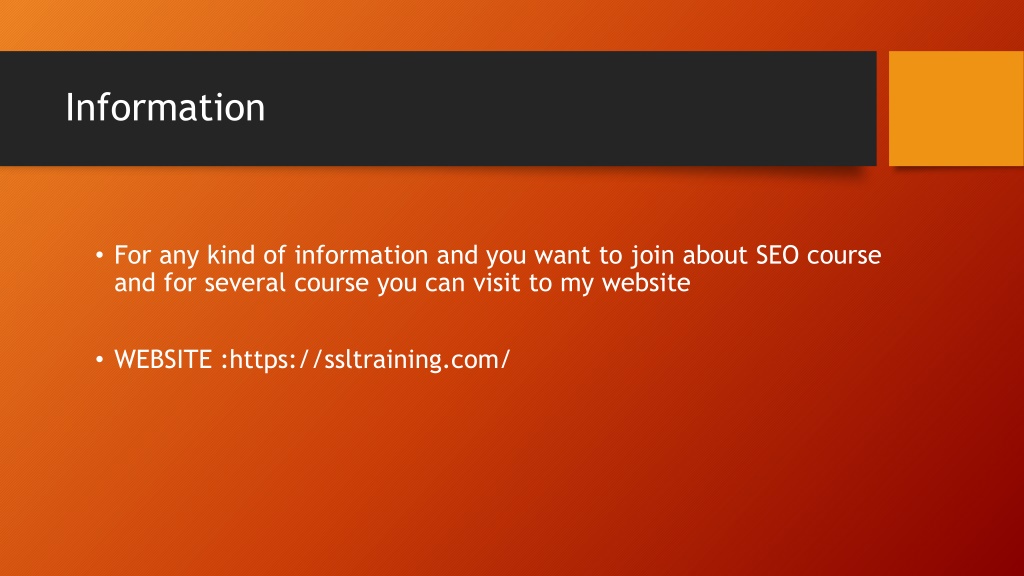 Exposure to sunlight in the morning prompts your brain to suppress melatonin — waking you up — and raises cortisol (a hormone that encourages alertness) and serotonin (a mood-regulating neurotransmitter). About 12 hours later, this serotonin will get converted into melatonin to help you feel sleepy.
Exposure to sunlight in the morning prompts your brain to suppress melatonin — waking you up — and raises cortisol (a hormone that encourages alertness) and serotonin (a mood-regulating neurotransmitter). About 12 hours later, this serotonin will get converted into melatonin to help you feel sleepy.
Aim to get at least 10 minutes of light as soon as possible after waking up to reset your circadian rhythm. Natural light is best, but a light box can work if this isn’t an option. If it’s cloudy outside or you’re getting light through a window, aim to get 30 minutes of light exposure instead.
Light isn’t just important in the morning. Aim to get four to five hours of bright light exposure during the day, too. Work by a window, go for a walk, and take your workout outside to maximize how much sunlight you get.
Research shows light exposure during the day can make you less sensitive to bright lights come evening. That brings us to our next tip.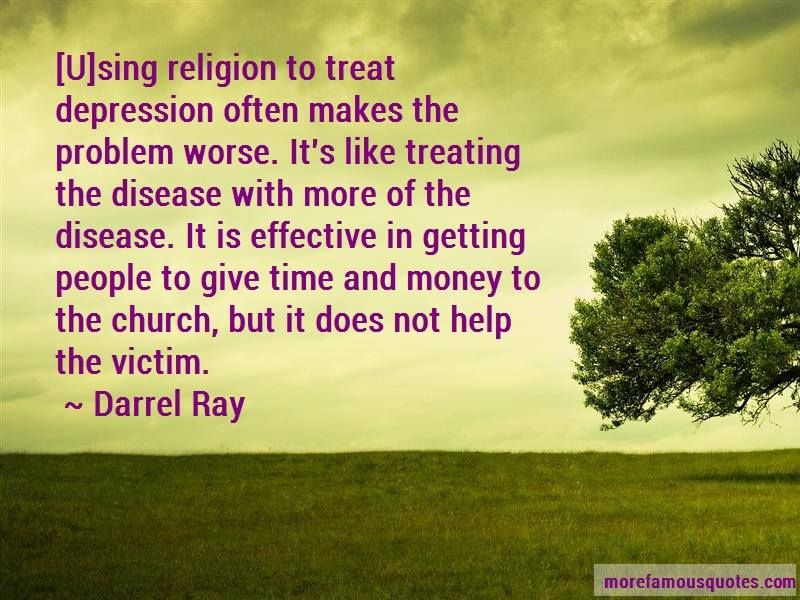
Where light can work for you in the morning to help you wake up, it can also work against you at night and hinder your sleep.
Modern society has taught us to surround ourselves with artificial light when darkness falls — think blue-light-emitting electronic devices and street lights. This fools your brain into thinking it’s still daytime. Too much light at any intensity (bright or dim) may make us assume our inability to fall asleep is due to insomnia rather than the light sources around us.
In fact, research shows that exposure to artificial room lighting (less than 200 lux) at dusk:
With suboptimal melatonin levels to work with, it’s no wonder you don’t feel tired even when it’s time for bed.
When dusk falls, wear blue-light blocking glasses and opt for dim lighting to help you fall asleep more easily. RISE can remind you when to wear your glasses to minimize blue light exposure. Go to the "Energy" tab in the app and add the “Blue-Light Blocking” habit to your "Energy Schedule."
Caffeine blocks the adenosine receptors in your brain to keep sleep pressure at bay. For that same reason, caffeine keeps you up at night if you drink it too close to your bedtime. And caffeine can last in your system for up to 12 hours.
You can still enjoy a cup of coffee or two during the day without it impacting you at night, though. You just need to find out your unique cutoff time. This is the time of day you should stop drinking caffeine to give your body enough time to clear it out of your system by bedtime. RISE can work out when this is based on your circadian rhythm each day. Learn more about your ideal caffeine cutoff time for better sleep here.
You may liken alcohol to sleep medicine, but that’s a common misconception. The reason being, alcohol facilitates an easy transition into unconsciousness, but it’s coupled with frequent wake-ups in the middle of the night.
It’s best to abstain from alcohol entirely in the name of healthy sleep. But if you have to have a nightcap, drink it at least 3-4 hours before bed. The RISE app has an “Avoid Late Alcohol” habit that you can add to your energy schedule for timely reminders.
Large meals are yet another thing that can disrupt and push back your circadian rhythm, making it harder to fall asleep when you want to.
Have your last meal at least three hours before bedtime to stop this from happening. This will also stop things like acid reflux and digestive issues keeping you up or waking you up in the night.
Plus, there may be other health benefits to eating earlier, too.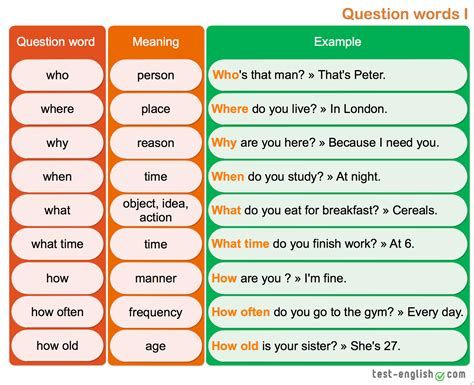 Research shows eating too close to bedtime messes with your glucose metabolism and is linked to weight gain.
Research shows eating too close to bedtime messes with your glucose metabolism and is linked to weight gain.
It’s not just when you eat, what you eat can also make it harder to fall asleep.
Avoid spicy, rich, fatty, high-carb, and sugary meals before bed as they can cause digestive issues and keep you up. Eating meals with lower fiber content and high saturated fat and sugar has been associated with lighter sleep and waking up more often in the night.
There are foods that can help you sleep, on the other hand. Turn to fiber-rich foods like beans, broccoli, and whole grains, as fiber has been linked to getting more deep sleep. Tryptophan is a sleep-promoting amino acid you can find in things like chicken, eggs, spinach, and chickpeas. You can learn more about how food affects your sleep here.
Regular exercise helps you fall asleep faster, promotes deep sleep, and recalibrates your circadian rhythm.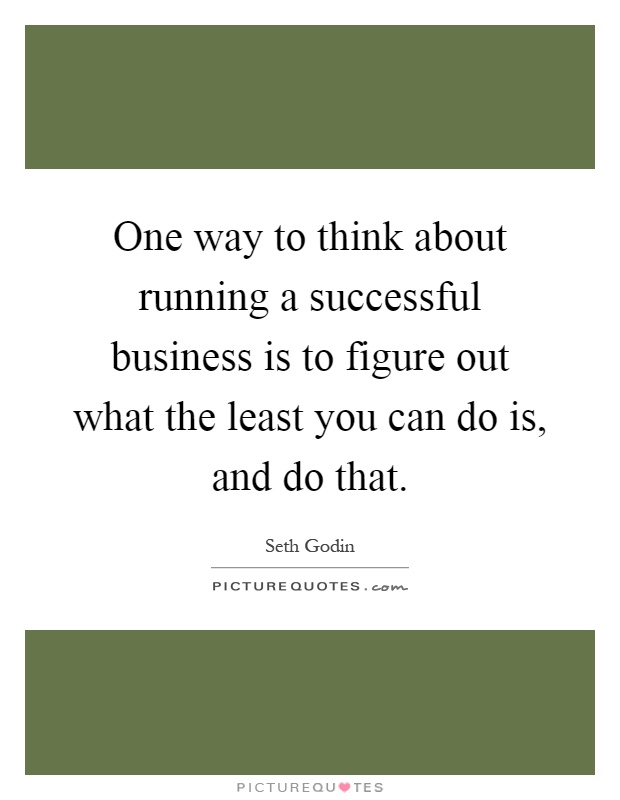 Intense exercise even increases adenosine levels, making you feel drowsier, and decreases sleep latency, the time it takes to fall asleep. So, if you don’t already, make sure to get some exercise each day to help you sleep at night.
Intense exercise even increases adenosine levels, making you feel drowsier, and decreases sleep latency, the time it takes to fall asleep. So, if you don’t already, make sure to get some exercise each day to help you sleep at night.
But exercising too close to your bedtime may be what’s keeping you from dreamland.
According to a 2018 systematic review in the Journal of Sports Medicine, participants who engaged in vigorous exercise less than an hour before sleep spent more time in bed wide awake.
Avoid working out at least one hour before your target bedtime. RISE can help you achieve this when you add the “Earlier Workouts” habit to your energy schedule in the app.
There is one exercise we endorse close to bedtime: sex. Orgasms trigger oxytocin and prolactin and suppress cortisol, making you feel more relaxed. Especially in women, orgasms can even slow down brain activity in the amygdala, hippocampus, and prefrontal cortex, which reduces alertness, anxiety, and decision-making thinking, making it easier to drift off.
Even orgasms from masturbation have been associated with better sleep latency and better sleep quality.
We’ve all been guilty of staying up way past our sleep time — even when nothing is keeping us from it. Perhaps you’ve been busy all day, and this is the only free time you have to scroll through social media on your cell phone. No matter your excuse, you’re engaging in bedtime procrastination.
An evening wind-down is the perfect pre-sleep routine to help you step away from slumber-distracting tasks and focus on slowing down your body and mind. Make time to do relaxing activities like reading, journaling, yoga, or listening to calming music.
You can personalize your wind-down in the RISE app to your liking. Turn on the in-app notifications to give yourself a heads up on your wind-down 1-2 hours before bed.
Temperature is hugely important to getting a good night’s sleep. Keep your bedroom at a cool 65 to 68 degrees Fahrenheit and make sure your bedding or night clothes aren’t making you too warm.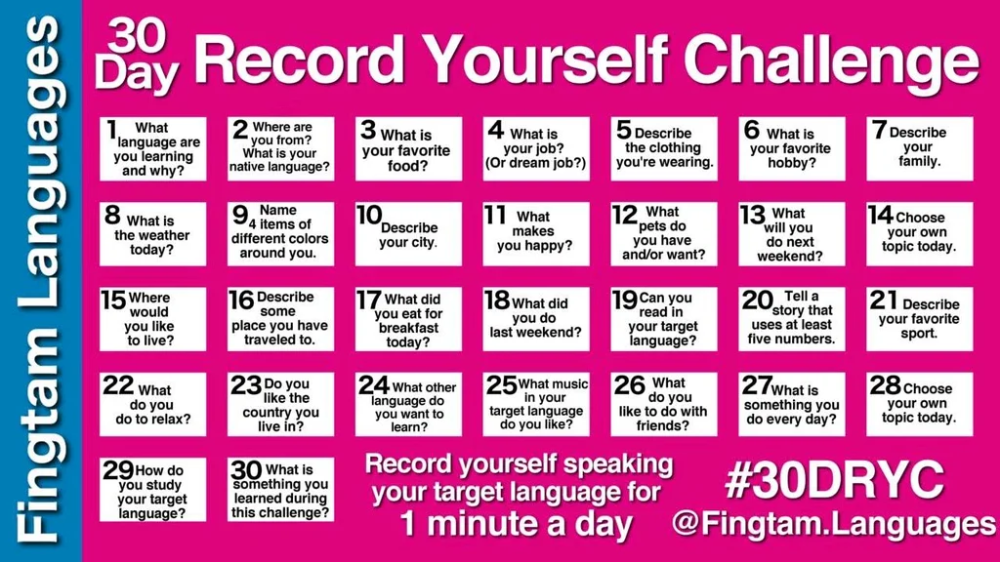
A hot shower or a warm bath can also help to cool you down before bed. The warm water helps to mimic the natural drop in your body temperature you get before bed, boosting your chances of more restful sleep. The warm water dilates the blood vessels near the skin surface, which are then exposed to cool air when you emerge from your shower or bath, cooling your body down rapidly. A warm bath or shower can also be part of a calming bedtime routine, too.
As well as keeping your bedroom cool, make it dark and quiet. Use blackout curtains and an eye mask and ear plugs. If you get up in the middle of the night to use the bathroom, avoid using bright overhead lighting and use your phone flash light instead. If earplugs aren’t enough to block out noise, try a white noise machine.
If you have high cortisol levels, you may find yourself physically tired but mentally wired, meaning you toss and turn late into the night.
High cortisol levels can be caused by:
To lower your cortisol levels, maintain excellent sleep hygiene to help you stay in sync with your circadian rhythm and practice stress-busting techniques like spending time in nature, reading, and implementing a wind-down routine before bed.
If you’re struggling to feel sleepy at night, you might be tempted to reach for an over-the-counter sleep aid. But these medications not only come with many health risks and side effects, they don’t help you get naturalistic sleep. Plus, when you stop using them, you may experience rebound insomnia, meaning the sleep problem you were trying to fix is suddenly even worse.
There are rare occasions when melatonin, a supplement version of the natural sleep hormone, can be useful.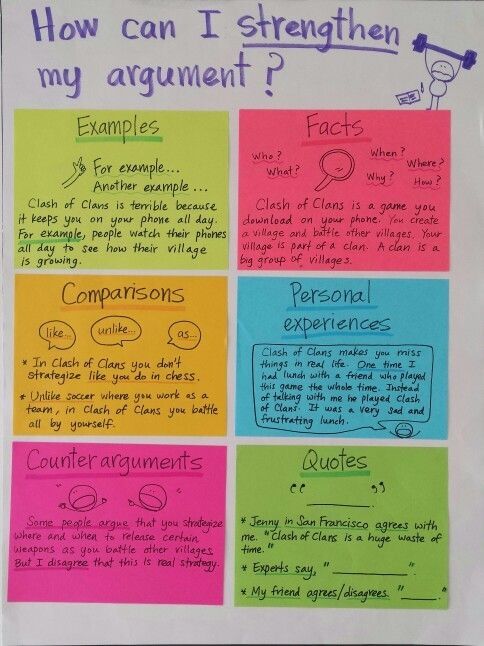
Consider taking melatonin to help you fall asleep when shifting your circadian rhythm. This happens when:
If you do turn to melatonin in these cases, the RISE app can tell you the best time to take the supplements to help you feel sleepy at your desired bedtime.
For a deeper dive into the safety, side effects, and alternatives to sleep aids, head here.
If you wake up during the night and have trouble falling back to sleep, you can perform a sleep reset. Tossing and turning in bed while watching the clock will only hike up your cortisol levels and make it harder to fall back to sleep. Instead, get out of bed and do a relaxing activity like reading until you feel sleepy.
If you’re trying to bring your sleep schedule forward — perhaps you’re a night owl trying to become a morning person — it helps to do things gradually.
Set a bedtime that’s 15 minutes earlier every few days, instead of making huge jumps. This way, your circadian rhythm can slowly get used to the change and you’ll start to feel sleepy at an earlier time.
You can learn how to reset your sleep schedule here.
This is another tip that can help you feel tired in the moment. Relaxation techniques and breathing exercises can not only slow down your body and mind, they can give you something to focus on to stop your mind whirring with anxious thoughts.
You can try:
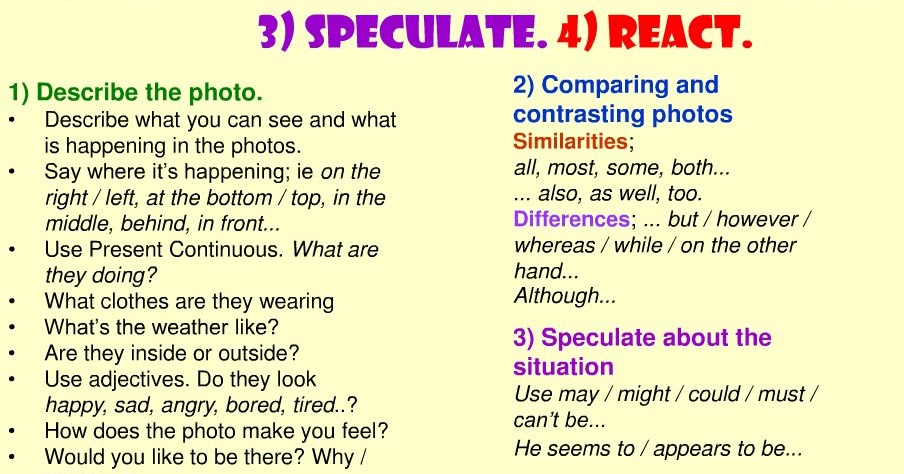 Try imagining parts of your body getting warmer or heavier.
Try imagining parts of your body getting warmer or heavier.The RISE app can guide you through relaxation and deep breathing techniques like these.
Calming, slow, relaxing music can help you wind down and feel sleepy. It can also provide a distraction if anxiety is keeping you up and block out any sounds that may disturb you.
Relaxing classical music has been shown to improve perceived sleep quality in students and soothing music has been shown to help older adults fall asleep more quickly and wake up less during the night.
As we’ve said, stress and anxiety can make falling asleep much harder. Another way to manage this is by doing a brain dump. Write down everything that’s stressing you out or make a to-do list for the next day.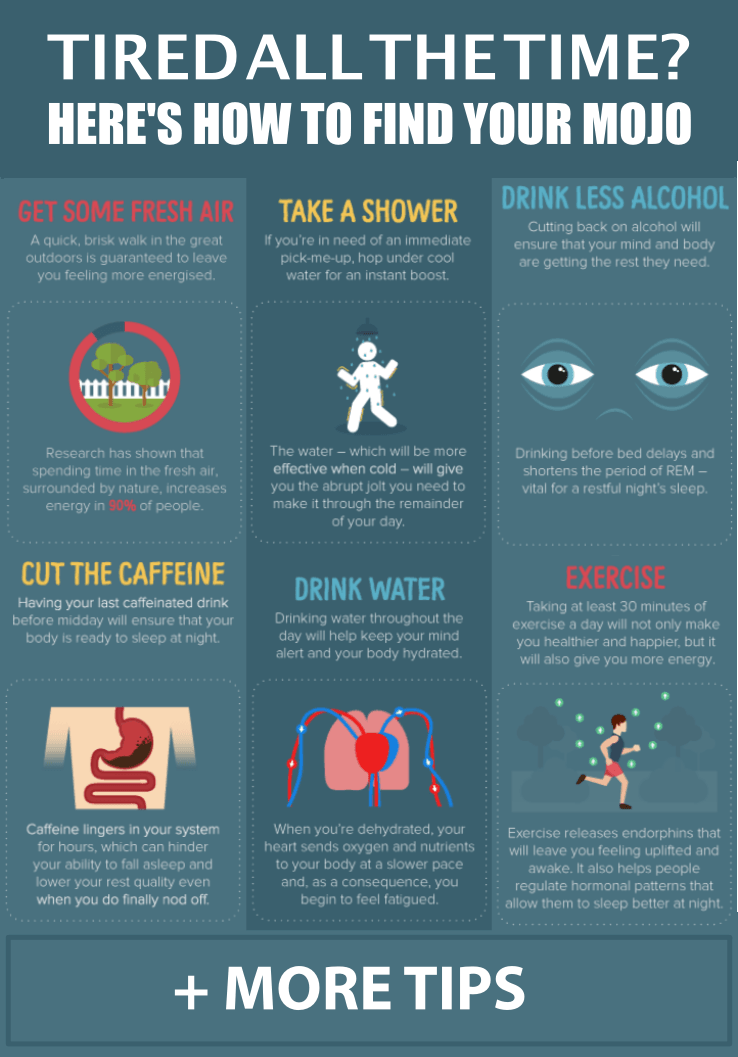
RISE can remind you to do a brain dump each evening. Plus, if you do your brain dump in the app, it will even remind you the next day, so you can drift off safe in the knowledge you won’t forget any important tasks.
We’ve explored more ways to curb anxiety at night here.
Science shows aromatherapy can work, so turn to essential oils to help you get some shut-eye. You need to choose the right ones though, as some can make you more alert while others make you feel drowsy.
Try these as they can increase drowsiness and feelings of relaxation:
Avoid these as they can increase alertness:
As you now know, better sleep hygiene and a consistent, well-timed bedtime, not sleeping pills, are the keys to feeling sufficiently tired at night to fall asleep and stay asleep. Get the RISE app today and observe how the amount of time you spend wide awake in bed significantly dwindles and your energy soars.
Get the RISE app today and observe how the amount of time you spend wide awake in bed significantly dwindles and your energy soars.
Get some z's.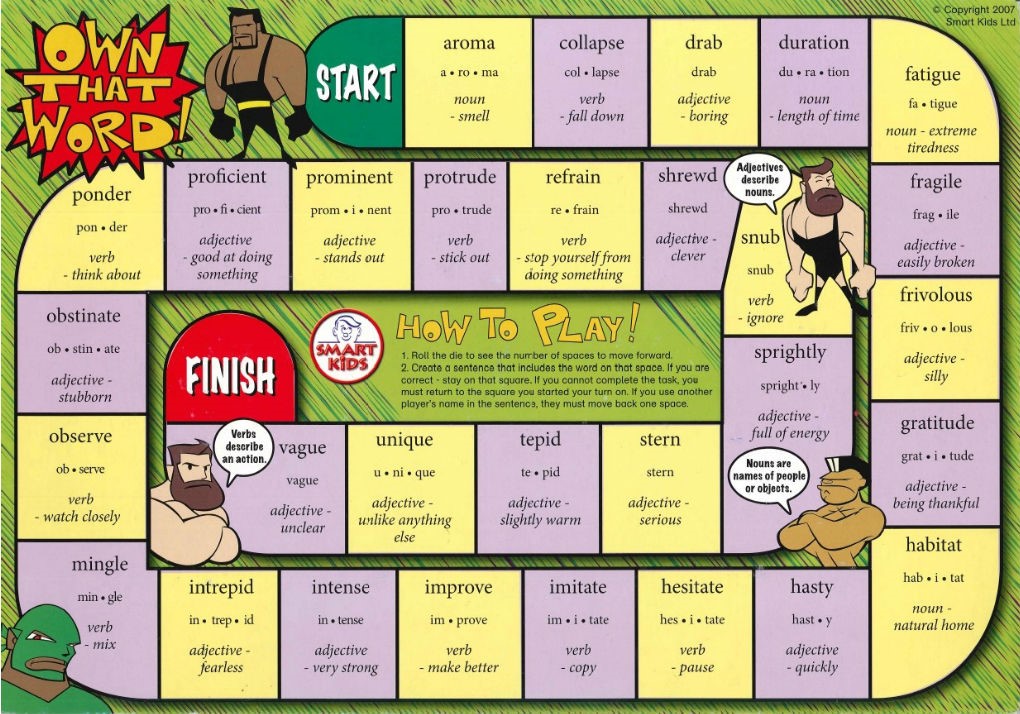
By
Amy Lawrenson
Amy Lawrenson
Amy Lawrenson was the Editorial Director for Byrdie UK and has worked as a freelance beauty and health journalist for over 13 years.
Byrdie's Editorial Guidelines
Updated on 11/05/21
Medically reviewed by
Nicole Swiner, MD
Medically reviewed by Nicole Swiner, MD
Swiner is a family medicine/general medicine expert, covering a broad spectrum of both medical and mental health issues. She loves taking care of the family as a whole—from the cradle to the grave. Her interests include Minority Health, Women’s Health and Pediatrics. As a wife and mother of two, she uses real-life experiences to clearly communicate keys to better health and wellness for mind, body and spirit. She is the author of How to Avoid the Superwoman Complex.
ABOUT BYRDIE'S BEAUTY & WELLNESS BOARD
Family Doctor
Fact checked by
Anna Harris
Fact checked by Anna Harris
Anna Harris is an experienced fact-checker and researcher and a beauty writer and editor.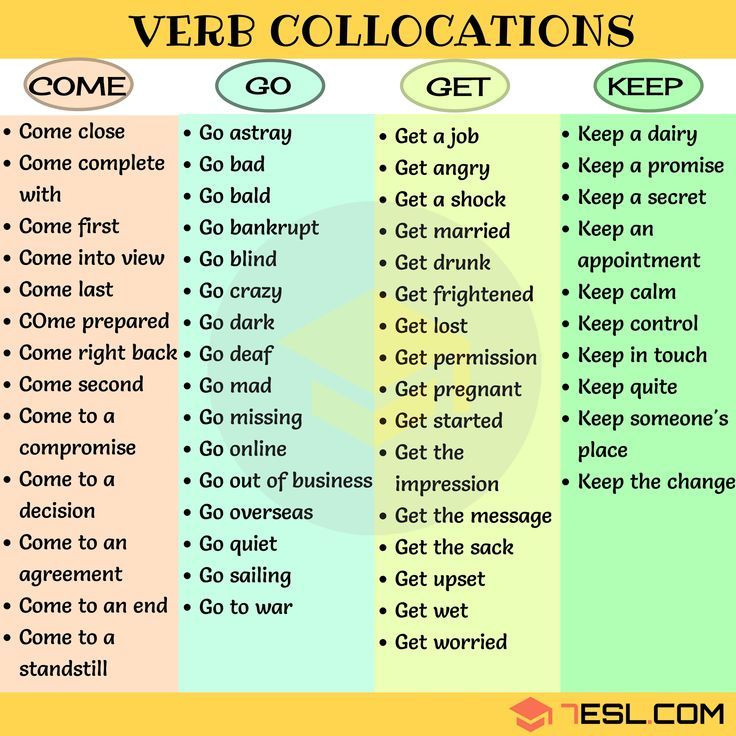
LEARN ABOUT BYRDIE'S EDITORIAL GUIDELINES
Stocksy / Design by Zackary Angeline
Sunday nights are pretty frustrating—if we're being honest. Having stayed up late Saturday and laid in both mornings, I'm often not sleepy enough come bedtime. Like a sort of weekend jet lag. Countless times I have asked myself, how do I make my self tired? With a full day at work on the Monday imminent, I don't want to wake up groggy from a restless night.
Rather than consult a sleep specialist, I decided turn to Facebook for help since it's basically a forum to ask beauty and wellness questions with no shame. I wanted to find out how other women tackle bedtime for ultimate success. What better place to start than with tried-and-tested tips that actually work? Keep scrolling to see how real women tackle their own bedtime struggles.
"I put lavender on my wrists (spray or oil, not a sprig!) and then try to sleep on my side with my hands in prayer mode. I also keep my eyes closed and ban myself from opening them. I drift off pretty fast when I do that," —Leanne Bayley.
I also keep my eyes closed and ban myself from opening them. I drift off pretty fast when I do that," —Leanne Bayley.
"Cuddling with my cat and putting a few drops of lavender oil on my pillow," —Cemre Sena Baykara.
"[I put] lavender on a tissue on my pillow and I listen to guided hypnosis and meditation tracks for sleep on YouTube," —Emily Farley Diamond.
"[I use] This Works Deep Sleep Pillow Spray ($30) and Lush Sleepy Body Lotion ($13) for nights when I'm struggling to sleep!" —Kate Sowerbutts.
"Counting backwards from 100 and regulating my breathing in time with the counting works for me." —Hannah Rought.
"Sex!" —Pamela Shahrad.
During sex, the stress hormone cortisol is reduced, which can help us feel sleepy.
"Read a boring book." —Lise Aasland.
"Reading a book, no screens!" —Anna Claudia Heaton.
Rick Smith Sleep Fast, Sleep Deep, Sleep Now $9.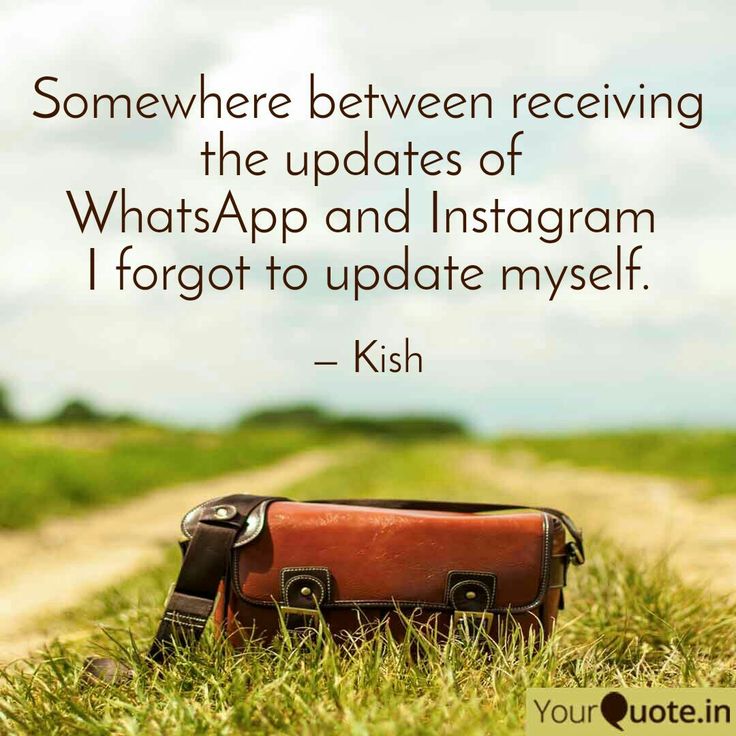 00
00
Shop
"I actually tried hypnotherapy for a short bout of bad sleeping and found it fantastic." —Sara D'Souza
"My grandma always said if you can't sleep or [you] wake up in the night to focus on each limb, stretch it out then relax it. Start at your feet, and by the time you get to your head, your body is relaxed enough to sleep—and it's worked for me!" —Ellie Birkin.
Take a warm bath or shower one to two hours before bedtime to try to fall asleep faster.
"I'm in bed by 9:15 p.m. (I have an early start) and read my Kindle with the night-light mode on. It works every time." —Amy MacFarlane.
"I have chronic insomnia and 'painsomnia' brought on by a couple of chronic illnesses. Sometimes the type of suggestions mentioned above work for me, and other nights, no matter what I do, they don't.
The best advice I can give is to try not to let the struggle to get to sleep stress you out or make you more anxious.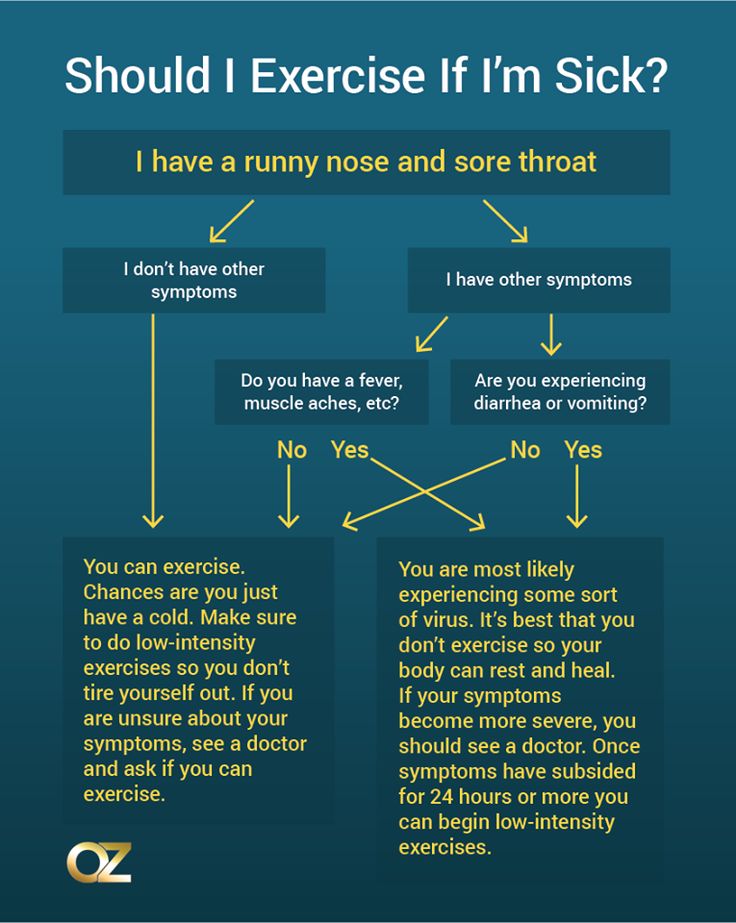 That will only make things worse for you. When things get really bad, I put on a sleep playlist from Spotify or Amazon or use an app like Calm to play 'sleep' music, so even if I don't manage to get much sleep, I at least manage to get some rest." —Joanna Waszczuk.
That will only make things worse for you. When things get really bad, I put on a sleep playlist from Spotify or Amazon or use an app like Calm to play 'sleep' music, so even if I don't manage to get much sleep, I at least manage to get some rest." —Joanna Waszczuk.
Putting My Phone in Airplane Mode Before Bed Has Made Me Healthier
Article Sources
Byrdie takes every opportunity to use high-quality sources, including peer-reviewed studies, to support the facts within our articles. Read our editorial guidelines to learn more about how we keep our content accurate, reliable and trustworthy.
Lastella M, O'Mullan C, Paterson JL, Reynolds AC. Sex and sleep: perceptions of sex as a sleep promoting behavior in the general adult population. Front Public Health. 2019;7:33. doi:10.3389/fpubh.2019.00033
Featured Video
You become irritable and quick-tempered, there is more alcohol and junk food in your life, and less sports, what until recently brought pleasure, suddenly became indifferent. ..
..
Site editors
Tags:
Food
Massage
Bad habits
Emotional burnout
GettyImages
You may have experienced the so-called burnout syndrome (BBS). Alas, this is not just a fashionable disease, it is a cry for help from your body, which can no longer work at its maximum capacity.
Let's face it, you're not the only one. About 80% of all residents of the metropolis face this problem. Translated from a popular language into medical, this condition is associated with a disruption in the activity of the nervous system, or rather with a violation of adaptation. Let's say you used to be able to handle a more intense work schedule with ease, for at least a week. And now you are blown away after a couple of days... Doctors explain this by the fact that in the case of SEV, the nervous system works in such a way that you get excited quickly, but you don’t have time to slow down in time... What used to protect you from overloads (the ability to prioritize , brush aside unnecessary problems and emotions for you, rationality), fades into the background. As a result, you lose your time management skills, you cannot properly build your daily routine, stop in time to rest. We emphasize: “you can’t”, and not “you don’t want to”.
And now you are blown away after a couple of days... Doctors explain this by the fact that in the case of SEV, the nervous system works in such a way that you get excited quickly, but you don’t have time to slow down in time... What used to protect you from overloads (the ability to prioritize , brush aside unnecessary problems and emotions for you, rationality), fades into the background. As a result, you lose your time management skills, you cannot properly build your daily routine, stop in time to rest. We emphasize: “you can’t”, and not “you don’t want to”.
ADVERTISING - CONTINUED BELOW
Chronic stress provokes the development of BS. There are plenty of reasons for its development among residents of a big city: these are the features of professional activity, and prolonged overload, and family troubles... At the same time, it is women who face burnout syndrome more often than men.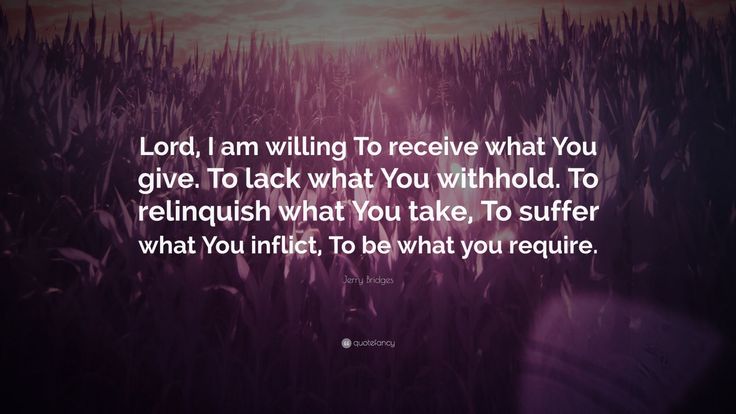 Representatives of the strong half of humanity rarely have a choice between a career and a family, while we always have to balance between professional realization and the duties of a homemaker. This greatly increases stress and increases the risk of burnout.
Representatives of the strong half of humanity rarely have a choice between a career and a family, while we always have to balance between professional realization and the duties of a homemaker. This greatly increases stress and increases the risk of burnout.
First, try to assess your current lifestyle. Doctors advise you to pay attention to your health if:

Many people think that it is simply a shame to seek help from doctors with such "nonsense"... Not at all! In the arsenal of doctors there are many techniques that will help you learn how to relieve stress. These, for example, include the BFB method - biofeedback with the nervous system. You will be visually shown what happens in the body during times of intense stress, and they will also teach you various methods of managing your condition (movements, music, visual images, massage, smells). Subsequently, you will be able to use all these skills to relieve physical or emotional stress.
You may need the help of a psychotherapist. This is appropriate when you seem to understand that you can’t drink alcohol and eat up at night, but you continue to do it. Doctors call this condition an intrapersonal conflict, in order to get out of it, you need to understand the true motives that affect your emotions and behavior.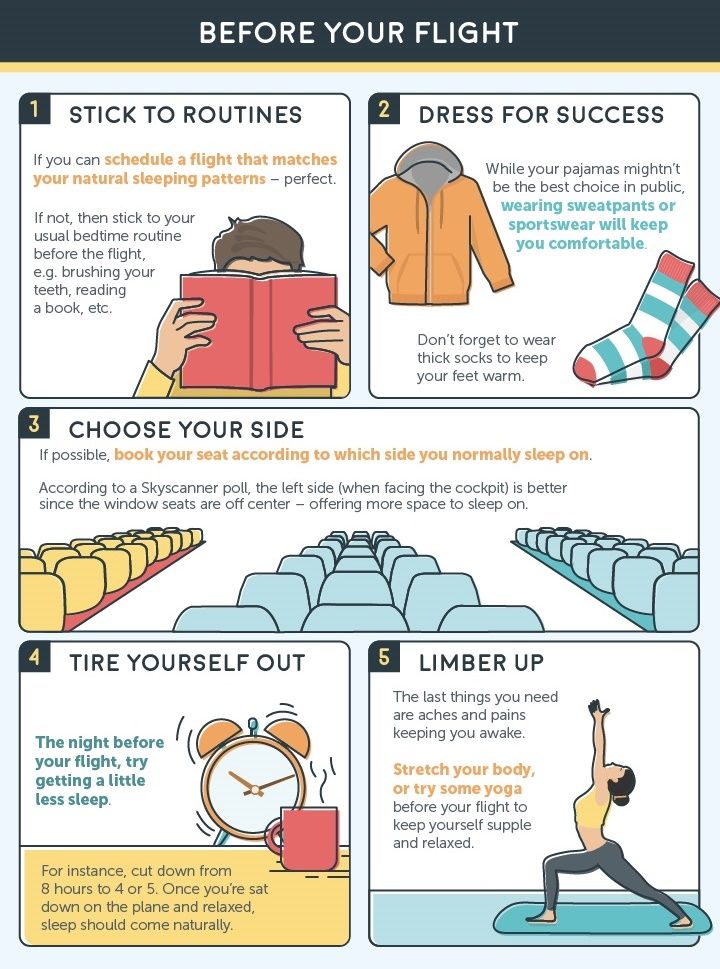 And they can be buried very deep.
And they can be buried very deep.
The resources of our nervous system are by no means unlimited. You must learn to replenish them in time. Moreover, you need to draw resources from healthy sources - not from bad habits, but from playing sports, walking, hobbies, communicating with loved ones, visiting theaters and concerts. Plan your leisure time the same way you plan your work schedule. At the same time, the more diverse the sources of obtaining resources, the more effective your nervous system will work.

Do you feel like you have zero energy? Welcome to the club! Fatigue is one of the most common reasons women go to the doctor in developed countries. If you do not pay attention to the body's cries for help and do nothing to change your condition, you can become seriously ill. Fortunately, energy is not a constant, its amount is individual and depends on daily, monthly, seasonal rhythms, experts explain. And if you constantly feel tired, you can start with small changes that will give you a quick “recharge”.
If you do not pay attention to the body's cries for help and do nothing to change your condition, you can become seriously ill. Fortunately, energy is not a constant, its amount is individual and depends on daily, monthly, seasonal rhythms, experts explain. And if you constantly feel tired, you can start with small changes that will give you a quick “recharge”.
Vita Zorina
Tags:
Women Health
VOICE Tips
Emotional burnout
Fighting Fatigue
GettyImages
Being a reasonable and responsible adult is not easy. All these obligations, affairs, household and family issues sometimes get bored, and the body takes this boredom for fatigue.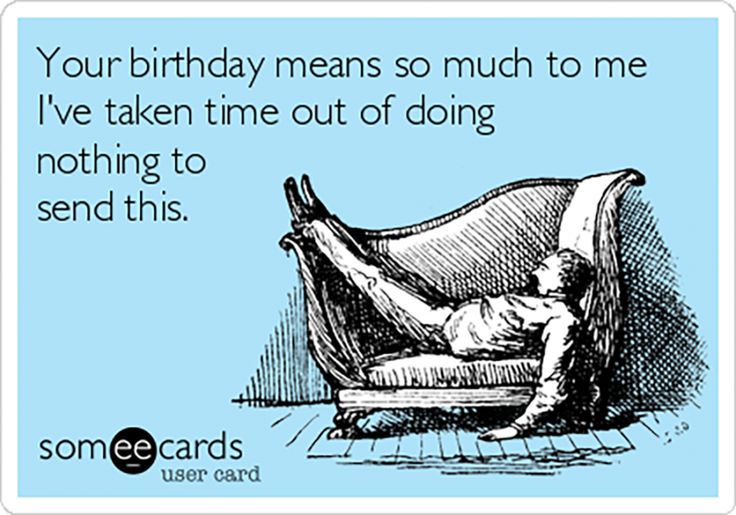 The desire to be an efficient and productive person 24 hours a day, 7 days a week may be commendable, but it often leads to physical and emotional burnout.
The desire to be an efficient and productive person 24 hours a day, 7 days a week may be commendable, but it often leads to physical and emotional burnout.
Solution: Plan a vacation
At first, you may not be able to relax just like that, so make a list of fun little things: write a joking letter, call an old friend, play twister with your children, listen to your favorite music in silence. .. Such small breaks will make the daily routine less boring.
If there is not enough natural light outside, the body tries to go into sleep mode. As a result of a study involving more than 600 adults, scientists from the University of Massachusetts found that depression, feelings of loneliness, anger, and disorder appear more often in winter.
Solution: more light!
Take a walk for at least 10 minutes outside during the day or when you feel most tired. Sunlight will help you wake up and perk up. Even if the weather is cloudy, there is still more light outside than in the office. If you can't get out of the room, a short stay in a room with natural light will help.
Sunlight will help you wake up and perk up. Even if the weather is cloudy, there is still more light outside than in the office. If you can't get out of the room, a short stay in a room with natural light will help.
ADVERTISING - CONTINUED BELOW
When you breathe irregularly, your lungs don't get enough oxygen, and there is a lot of carbon dioxide in your blood. This also leads to a feeling of fatigue, as well as an increase in pressure and pulse.
Solution: diaphragmatic breathing
A few short sessions a day and you will feel much better. Put your hand on the navel, while inhaling, focus on making the stomach “breathe” too, then you will get more oxygen.
Sitting in the same position for several hours consumes a lot of energy, the body begins to think that soon it will be possible to go to bed.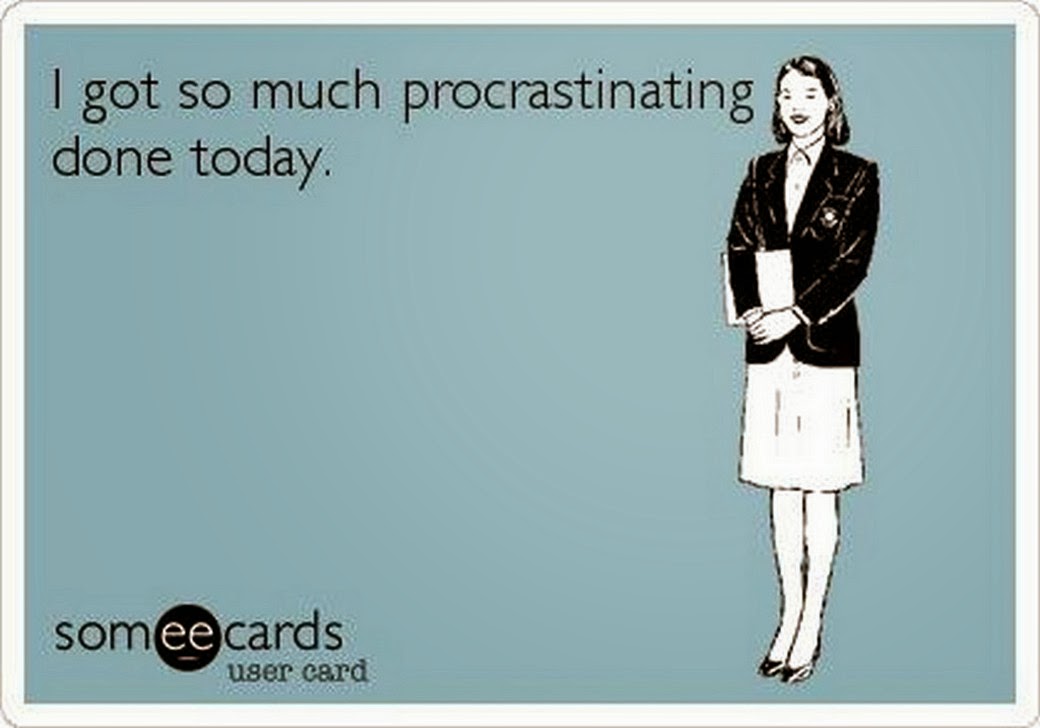 And if you also look at the screen, you start blinking more slowly, and your eyes dry up (and tend to close completely).
And if you also look at the screen, you start blinking more slowly, and your eyes dry up (and tend to close completely).
Solution: move more
Stretch. Take a walk. Take a shower or wash your hands. Frequent breaks will help the body not to relax too much. Take your eyes off the screen every half hour and focus on a distant object or object.
The body has its own biological clock. And if you get up early on weekdays and sleep until noon on weekends, then you arrange a hard jetlag for yourself without leaving your home. And in the end, you don’t feel too good, even if you seem to have slept enough in time.
Solution: normal schedule
Try to go to bed and wake up at the same time every day. If you really want to sleep, it is better to go to bed earlier than to get up later.
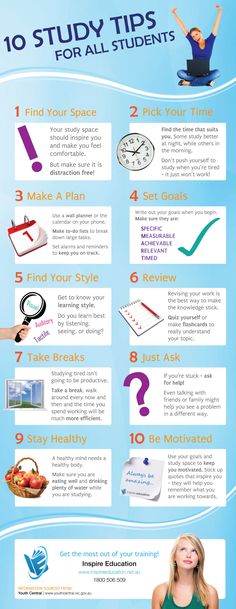 Problem: dehydration
Problem: dehydration Many people put themselves under unnecessary stress without realizing it. Thirst symbolizes the loss of 2-3 percent of the fluid, and even such a slight dehydration can create a feeling of fatigue and drowsiness: the blood pressure level decreases, as a result, the blood supply to the brain deteriorates and the heart has to work at increased speeds.
Solution: drink more
Keep a bottle of water nearby, drink your food. If you don't like water, add orange slices or herbal infusion to it. Soups, fresh fruits and vegetables also help increase the water level in the body.
They confuse the body, it does not understand when it is really necessary to sleep. Bright lights interfere with the production of melatonin.
Solution: low light
Install dimmable switches and lower the light level in the evening.